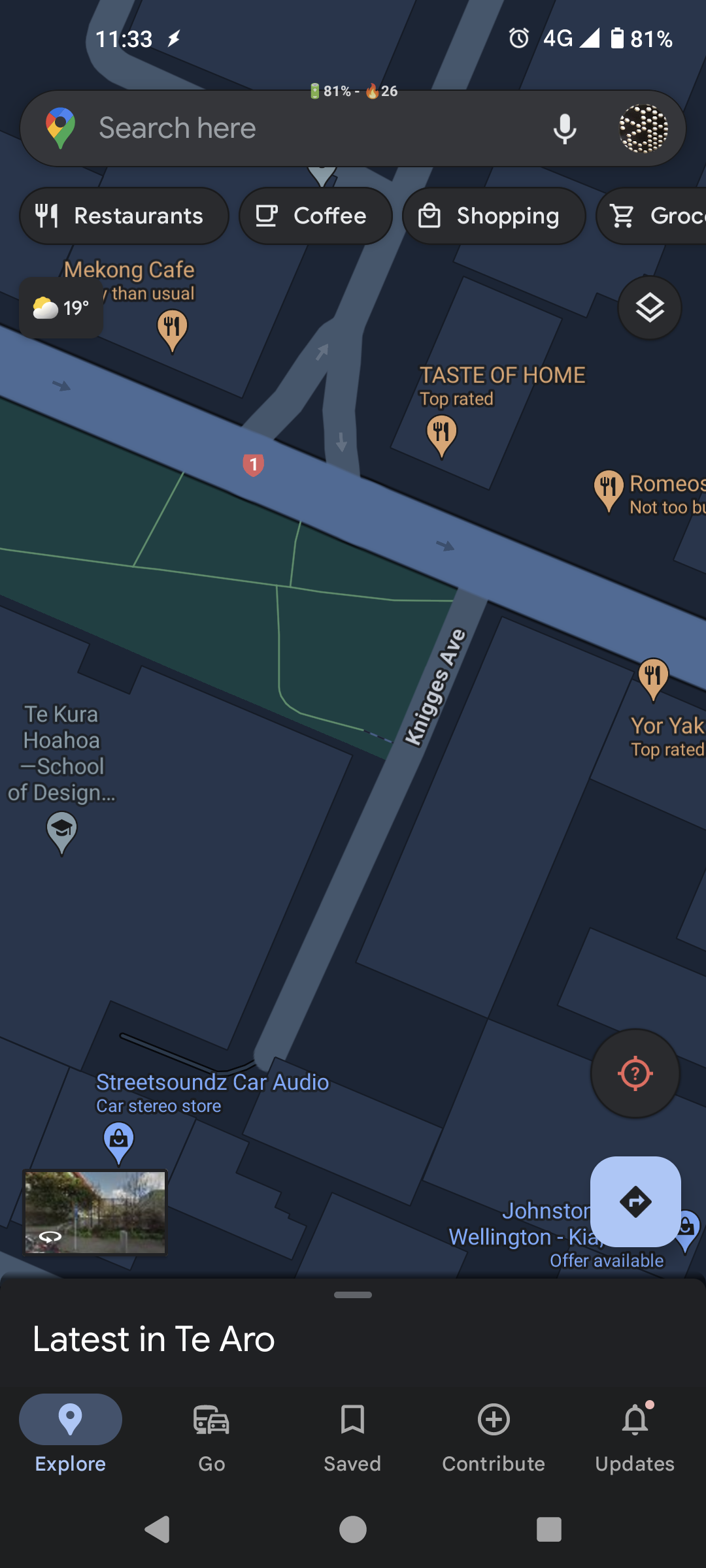One of my local favourites - what on earth were they thinking??

Weird coincidence - I had a really good Mexican dinner 2 streets away from there last month
In German “Knigge” is table-manners
Knigge is the name of a German royal family, the manners are just named after one of them.
K removed 😂
Would you like to upgrade to Slag Rd. Plus for only $6.99/month?
How much is Slag Rd Premium?
Of course it’s in Scunthorpe.
Automod is really stupid:

It’s a well known internet phenomena that’s actually called the “The Scunthorpe Problem”. Wikipedia has an article about it. Scunny isn’t the only town that suffers. On a side note the Spanish name Enrique can be shortened to the sounds “key-kay” which would be spelled “removed” which is the spelling of an ethnic slur in English. I believe Sony deleted/banned some ps accounts because of this.
Imma start using that as an insult
Ok now I gotta know, what does automod think of Harry Baals drive?

(ETA: no relation to the Balls of Muncie)
https://en.wikipedia.org/wiki/Scunthorpe_problem
or, if you don’t like reading :
Here is an alternative Piped link(s):
https://www.piped.video/watch?v=CcZdwX4noCE
Piped is a privacy-respecting open-source alternative frontend to YouTube.
I’m open-source; check me out at GitHub.
Lmao I asked chatgpt what some common falsely flagged words are and it literally used Scunthorpe as an example:
Certainly, here are some examples to illustrate how non-offensive words might be falsely flagged as slurs, highlighting the importance of context and nuanced understanding in slur detection systems:
-
Ethnic Names/Terms:
- “Niger” (the name of a country) might be flagged due to its similarity to a racial slur.
- “Shiite” (a sect of Islam) could be mistaken for a derogatory term due to phonetic similarity.
-
Geographical Locations:
- “Essex” (a county in England) might be flagged due to its ending, which could be misinterpreted as a sexist term.
- “Scunthorpe” (a town in England) contains a substring that is a common vulgar term, leading to potential misflagging.
-
Historical Terms:
- “Spartan” (relating to Sparta in ancient Greece) could be misinterpreted if the system is not aware of historical contexts.
- “Crusader” (referring to participants in the Crusades) might be flagged due to its aggressive historical connotations, despite being a legitimate term in many contexts.
-
Animal Names:
- “Tit” (a type of bird) might be flagged due to its double meaning, one of which is vulgar.
- “Cock” (a male chicken) could be flagged for similar reasons.
-
Technical Terms:
- “Homo” (as in Homo sapiens, the scientific name for humans) could be flagged due to its use as a derogatory term for homosexual individuals.
- “Uranus” (the seventh planet from the Sun) might be flagged due to its phonetic similarity to an anatomical term.
These examples underscore the complexity of language and the need for sophisticated, context-aware algorithms in slur detection systems to minimize false positives.
What’s wrong with spartan?
ChatGPT:
The term “Spartan” itself is not inherently a slur. It originates from the city-state of Sparta in ancient Greece, known for its military prowess and austere lifestyle. However, the reason it might be flagged or considered sensitive in certain contexts is not because it is a slur, but because of how it’s used or perceived in modern language.
In contemporary usage, “Spartan” can sometimes be used to describe an environment or lifestyle that is extremely bare, lacking in comfort, or harshly disciplined. This usage, derived from historical references to Sparta, is generally not offensive. However, the potential for misunderstanding or misuse arises when the term is applied to people or situations in a way that could be perceived as derogatory or overly critical, suggesting that someone is harsh, lacks empathy, or lives in a way that is unnecessarily austere.
The misunderstanding around “Spartan” as a potential slur is less about the word itself and more about the nuances of its application. It’s an example of how historical or cultural terms can be sensitive based on context, rather than the words being slurs in the traditional sense. In the context of slur detection, it’s important to differentiate between genuinely offensive language and terms like “Spartan,” which may only require careful use or additional context to avoid misunderstanding.
That’s tenuous.
Poor Google

-
Met plenty of basic slags when growing up in scunny.









